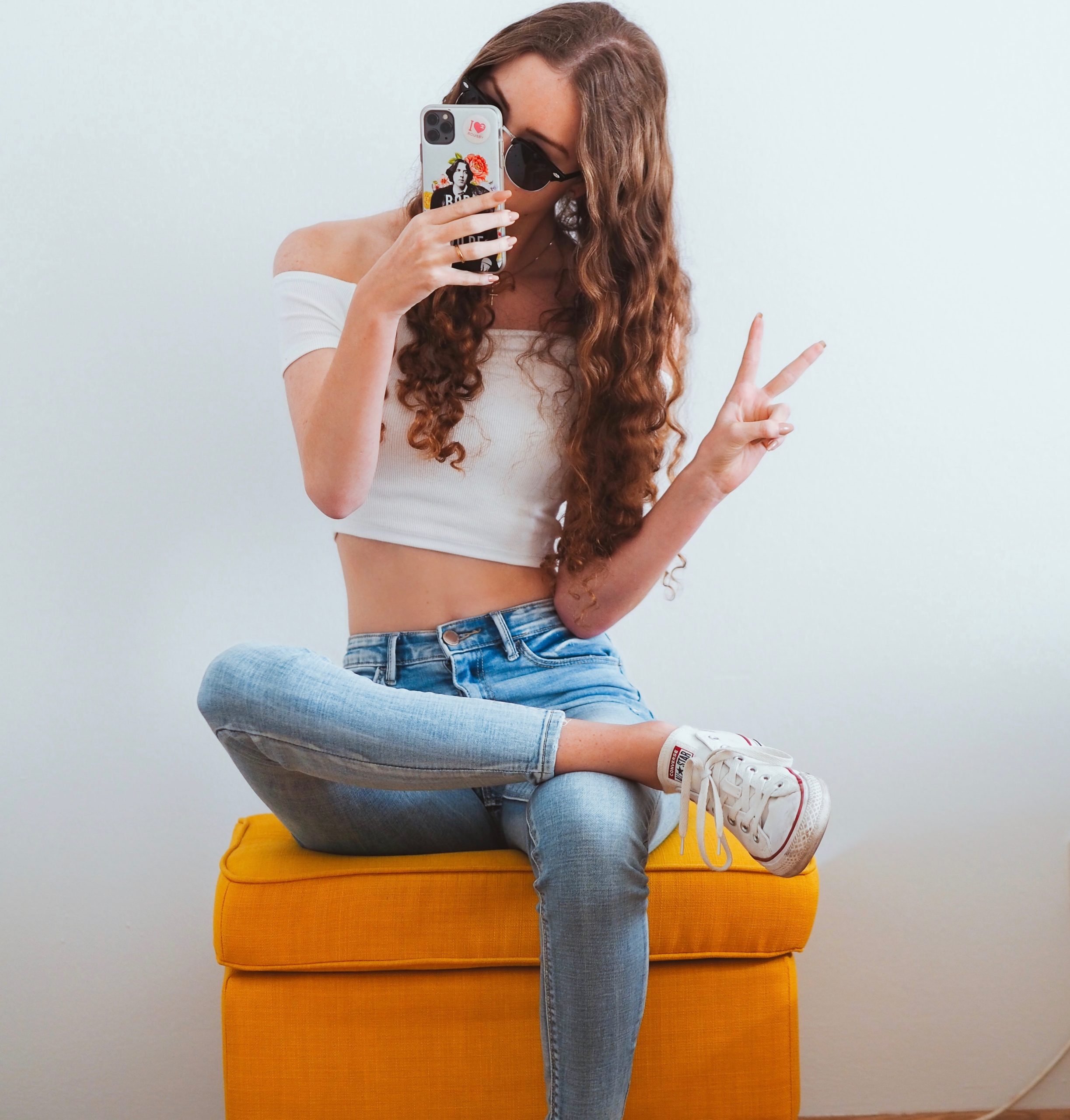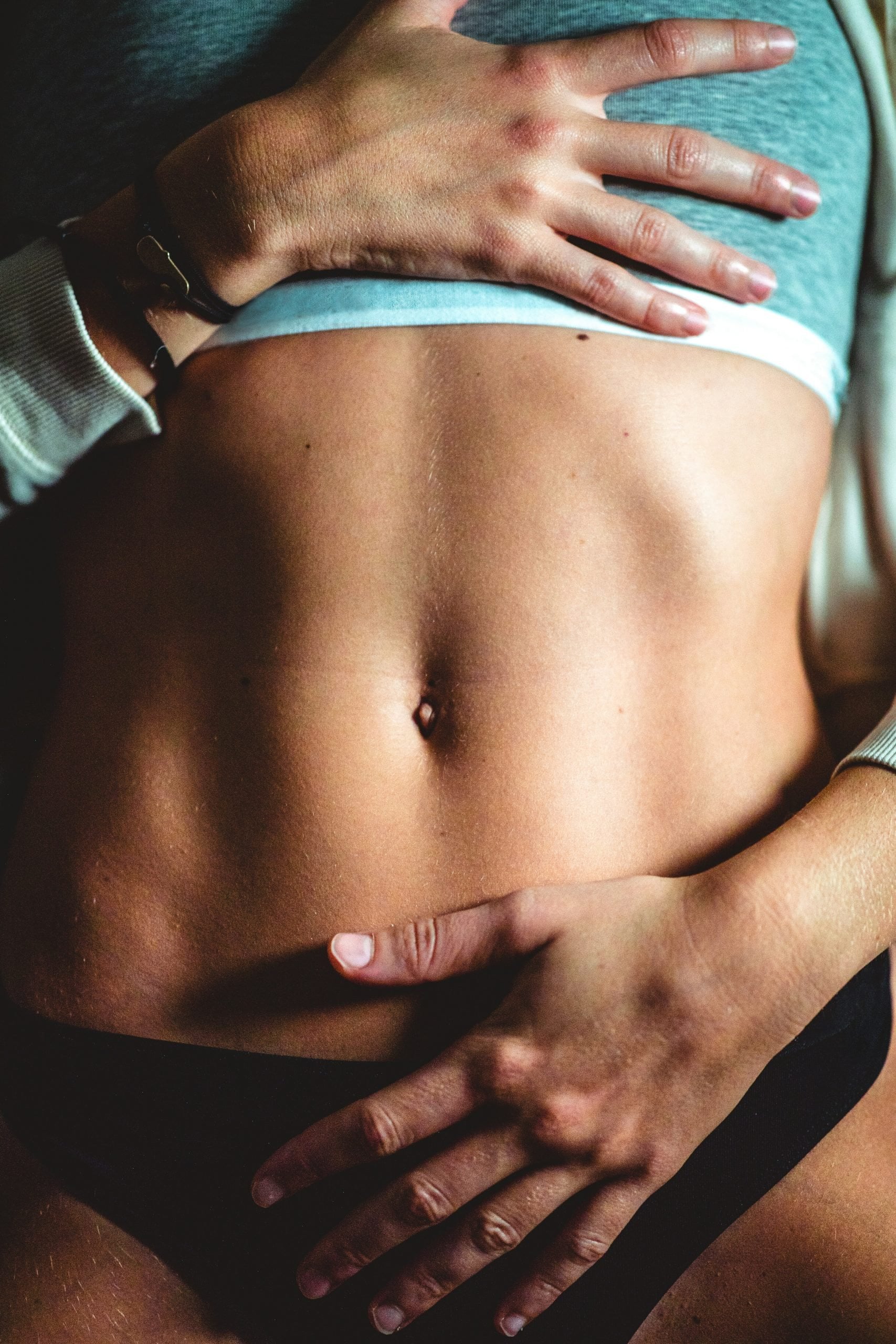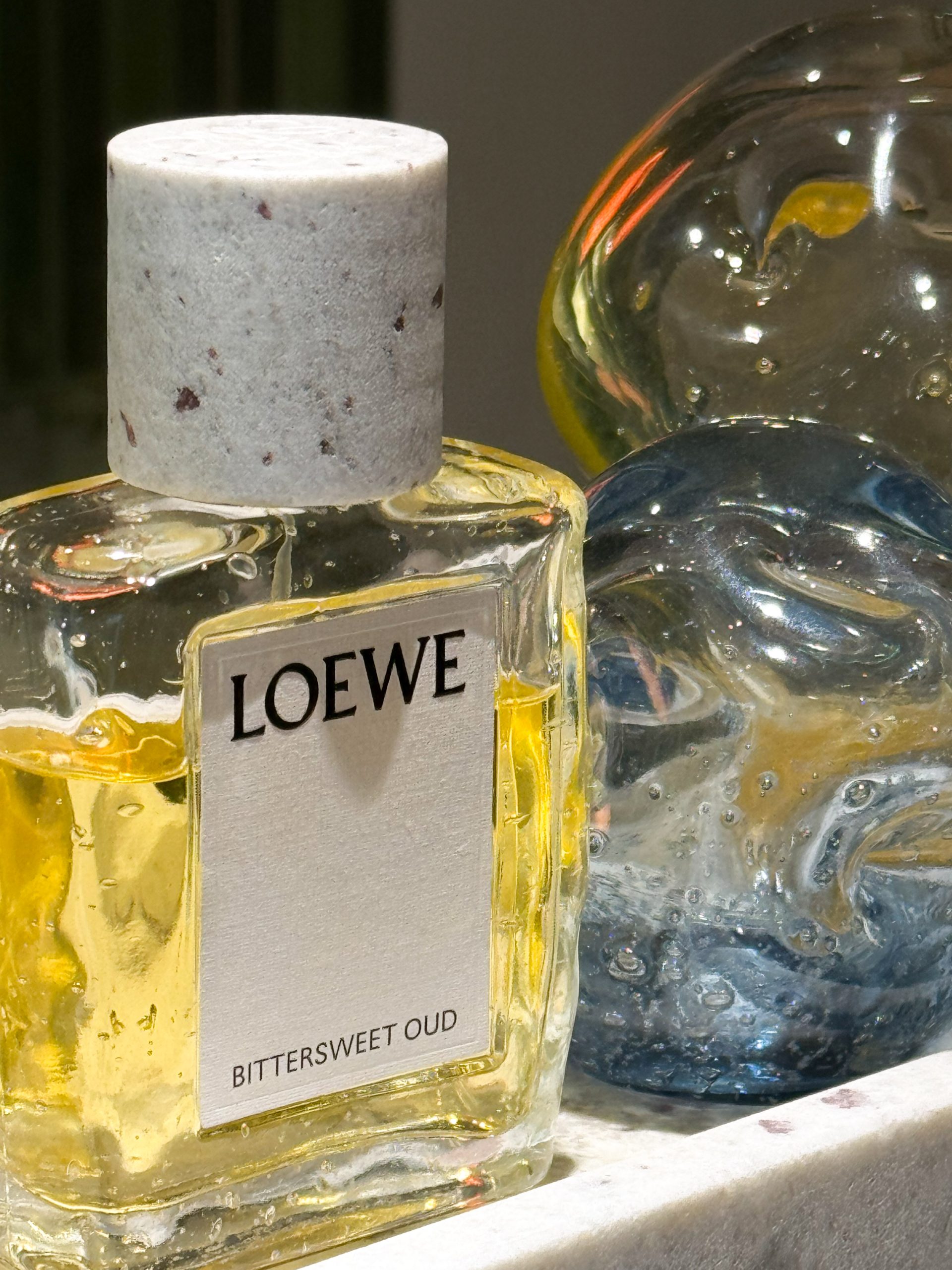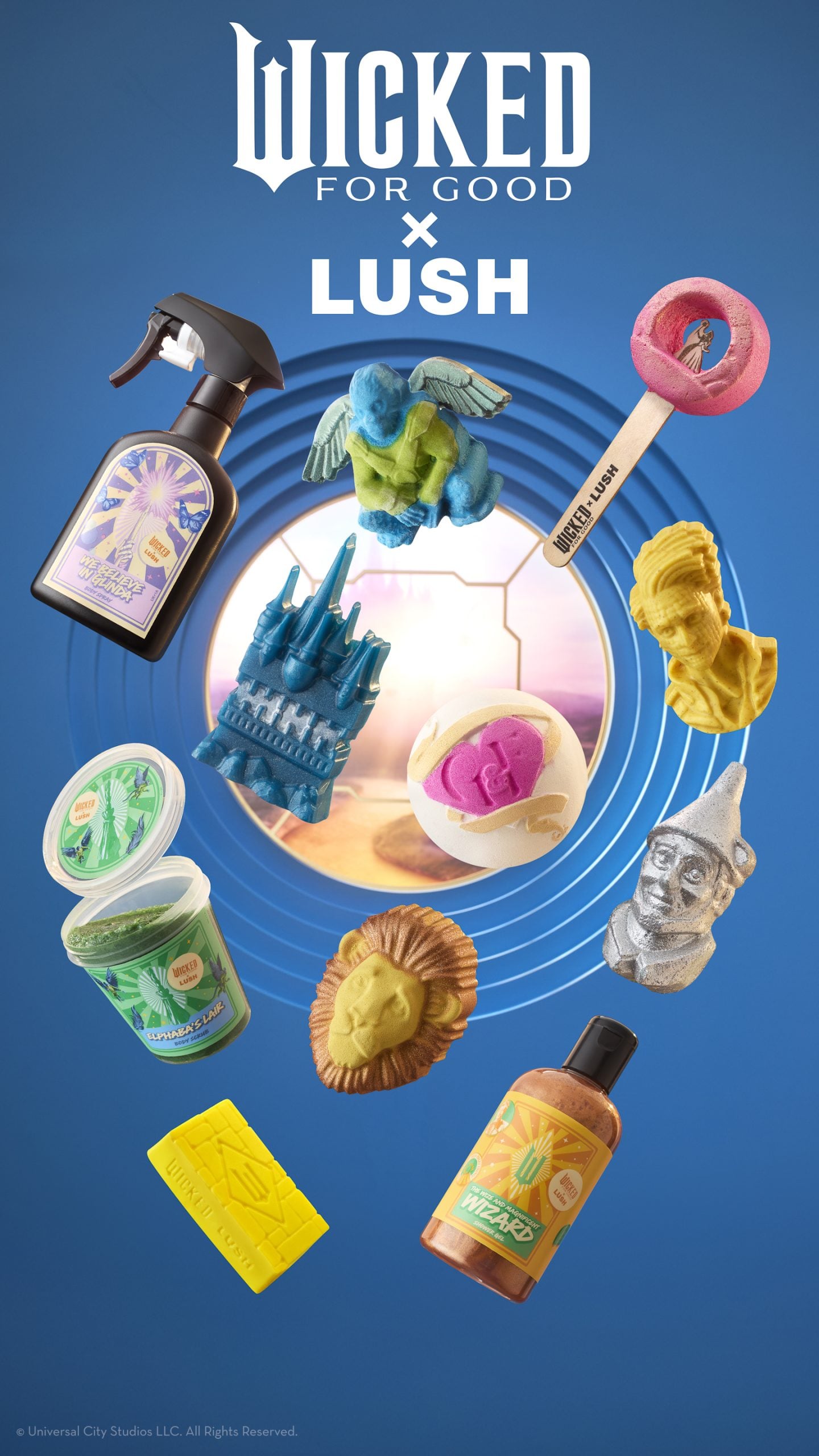
The deinfluencing trend on TikTok generates millions of views
This publication is also available in: Français
English (UK)
Deutsch
Italiano
Español
The deinfluencing trend on Tik Tok has garnered over 647.7 million views since January 18th. But can we really trust influencers who call for less consumption, claiming how useless, non-eco-friendly, and expensive the products they recently promoted are? Nonetheless, this trend, which particularly affects the beauty sector, is huge right now! The more or less educational videos explaining to followers why they should give up buying certain products are mushrooming.
Will the deinfluencing trend on Tik Tok change the way we consume beauty products? Or is it just another trend that will eventually pass?
An analysis of a trend that is shaking up the world of influencers.
How does #deinfluencing on Tik Tok aim to influence you?
Let’s agree on the term deinfluencing. It still involves influencing the purchasing behavior of followers, but this time by calling for less consumption. Despite its name, deinfluencing still seeks to influence.
What makes this trend particularly interesting is that influencers, by calling for deinfluencing, are cutting off a part of their income. Sources of money that are essential for them.
If this trend intrigues, it’s also because it involves influencers who, just a few months ago, praised equally useless and polluting products.
The deinfluencing trend on Tik Tok mainly affects the beauty sector at 55%, far ahead of fashion, which only covers 12% of posts.
@jess.cliftonn Declutter your home & then learn to buy less. It will change your life #deinfluence #deinfluencing #deinfluencingmakeup #deinfluencingproducts #minimalism #minimalist #sustainabilitytiktok #imperfectsustainability #sustainablelifestyle #eco #ecofriendly deinfluence deinfluencing Skincare routine Make up routine
♬ original sound – Jessica Clifton
Who are the deinfluencers?
Deinfluencing is a phenomenon that affects different groups of influencers differently.
- Influencers who change course
For reasons of authenticity, image change, targeting a new audience, or simply personal reasons, some influencers make a 360-degree turn. The best example is surely the most famous makeup influencer in France, Enjoy Phenix, who has changed her look and now offers smoother content that protects her privacy.
- Influencers who become more eco-responsible
Some influencers become more ethical and, after promoting products that weren’t necessarily green, now praise more eco-responsible consumption. This change can occur as part of an authentic evolution or to reach a new audience.
Alongside influencers who call for deinfluencing for ecological reasons, more and more platforms, like MonCornerB, offer only organic and responsible cosmetics.
- Influencers who deinfluence to sell another product
Let’s be realistic, while some influencers are truly honest in their efforts to consume more responsibly, other influencers, on the other hand, discourage one product to highlight another, sponsored by a brand.
Which brands are being targeted in this deinfluencing trend on Tik Tok?
When it comes to credibility, not all brands are treated equally. Sephora often bears the brunt of this deinfluencing trend on Tik Tok. The videos are most often accompanied by catchy titles like “The 10 products you should never buy at Sephora.”
Expensive products, too much plastic, oily or greasy content that, according to beauty influencers, are not worth buying.
The hashtag #saveyourmoney appears, and the economic argument plays a significant role in this trend.
It only took one sponsored video from beauty influencer Mikayla Nogueira for L’Oréal to find itself at the center of a controversy. The young influencer, who praised the new Telescopic Lift mascara, was first accused of wearing false eyelashes. Quickly, the hashtag #mascaragate went viral on the Chinese network.
The brand Charlotte Tilbury is also under fire from beauty influencers, criticized for the quality of its complexion products.
@mikaylanogueira THESE ARE THE LASHES OF MY DREAMS!! @lorealparisusa never lets me down 😭 #TelescopicLift #LorealParisPartner #LorealParis @zoehonsinger
♬ original sound – Mikayla Nogueira
Is a new, more responsible market emerging?
Just like ultra-fashion, beauty is a field in perpetual expansion, and of course, ingredients and packaging have a huge environmental cost.
Could this deinfluencing trend be opening up a new, greener cosmetics market or is it just a new form of greenwashing?
There are two possibilities: either this trend continues and will give more power to responsible influencers, which we hope for. Or this deinfluencing trend on Tik Tok will fizzle out after some time, and nothing will change.
In any case, this trend will have had the merit of bringing a reflection on the usefulness of the thousands of beauty references available, providing more information to buyers.
We must not forget that Tik Tok has a huge influence on sales! Many young people say they bought a product after seeing it on the social network.
Deinfluencing to influence another product?
Influencers didn’t become virtuous overnight. To use the hashtag #deinfluencing which is hype at the moment, some influencers do not hesitate to discourage one product to recommend another, sponsored or not.
The ecological argument is obviously used, with more or less honesty, with the hashtag #consciousconsumer
@nastblog Mes autres flop @NASTBLOG ✨ Beauté & Bien-être #flop #niacinamide #niacinamideserum #purito #theordinary #ouaihaircare #olaplex #clarinsmakeup #sephora #skincare #acné #cheveuxfins #maquillage #lelabo #hinoki
♬ Hip Hop with impressive piano sound(793766) – Dusty Sky
Are we being taken for fools to give up one product to recommend another? That’s what heyohcoco denounces in this sincere video.
It’s hard for the general public to navigate after the injunctions to buy and now to consume less!
@heyohcoco ÇA DÉNONCE ! ✊🏼 ig : coline #makeupwithcoco #deinfluencing
♬ Fashionable and cool Parisian accordion(892415) – ricca
Is the deinfluencing trend on Tik Tok anti-consumption?
We would like it to be, but unfortunately, it is not.
Let’s not lie, when an influencer turns to deinfluencing, they remain an influencer with the power to influence, even if it’s used to forgo a purchase.
We can, however, hope that this trend brings a bit of authenticity to the often too superficial world of influencers.



